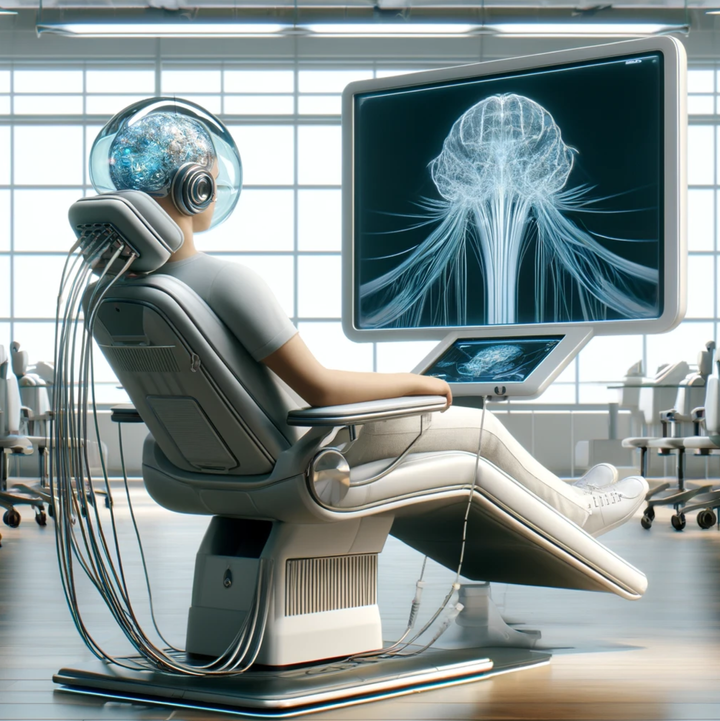The Eve 1X Robot and Consciousness
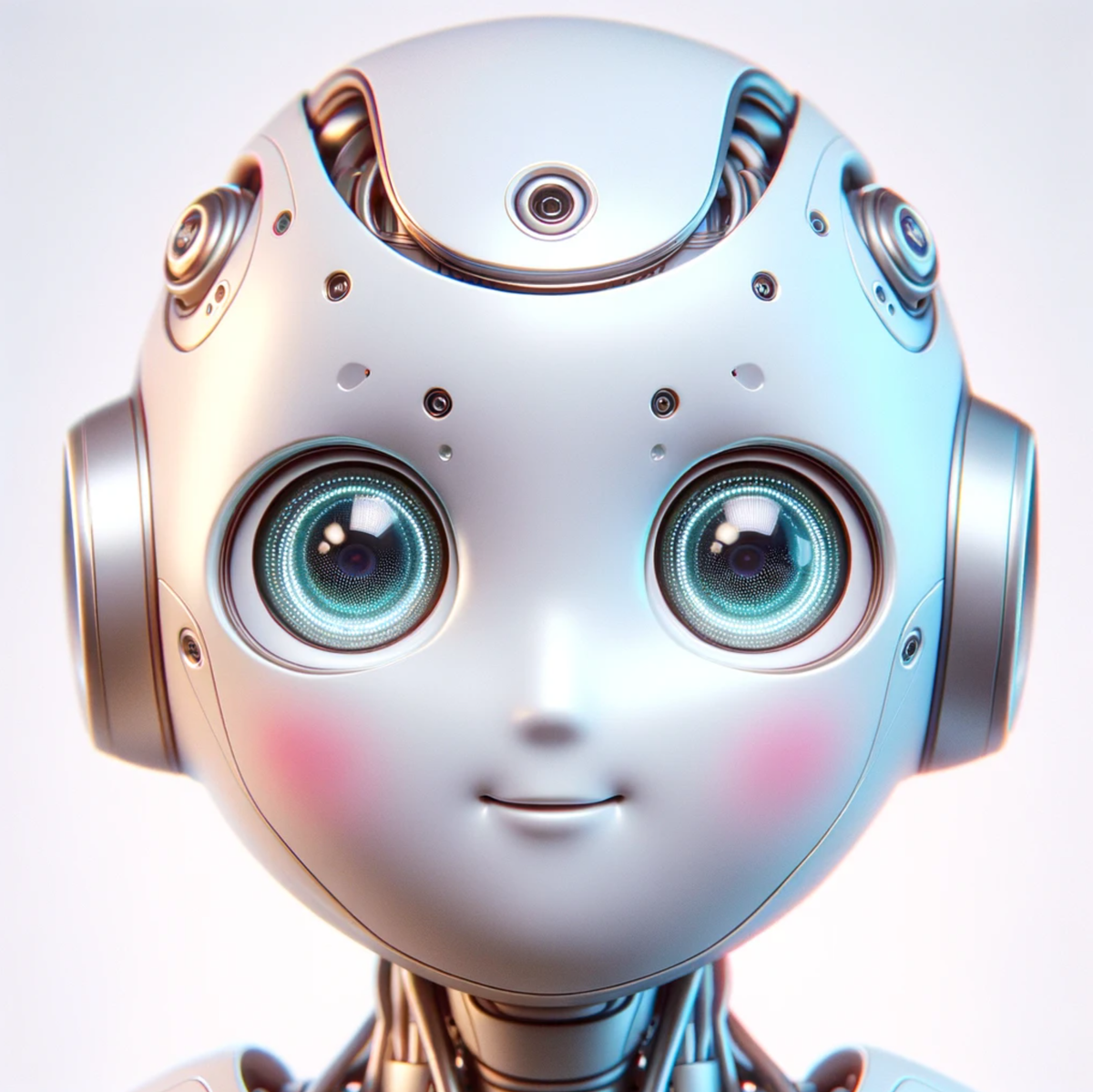
Why It Matters: We live in an era where AI and robotics are advancing at an unprecedented pace. Understanding our interactions with these technologies is more crucial than ever. Last week, a video showcasing the EVE 1X robot was released, powered by Open AI. We are going to do an experiment together.
The Experiment: Check out this 2:56-minute video unveiling the EVE 1X robots performing various tasks. Unlike typical demonstrations, this video captures a continuous, unedited sequence of robots solving problems.
Your Role: As you watch, consider the following questions: What human-like qualities do we attribute to these machines? How does their design influence our reactions? We encourage feedback. What were your responses to these questions?
Philosophical Underpinnings: The experiment touches on two critical points that we covered previously in Are Animals Conscious?
- Anthropomorphism: The tendency to ascribe human characteristics to non-human entities. Attributing consciousness simply because they seem human-like is a trap.
- Anthropocentrism: The inclination to interpret all phenomena from a human-centric viewpoint.
How much have these two filters biased your impressions?
Observations: The EVE 1X robots, with their human-like forms and behaviors, are likely to evoke an anthropomorphic response. For instance, when EVE picks up toys, it's tempting to liken it to a nanny. Similarly, seeing a robot perform repetitive tasks might lead us to project feelings of boredom or fatigue onto it.
Why This Matters: As robotics technology continues to evolve, with figures like Elon Musk and advancements in China pushing the boundaries, the distinction between machine functionality and human-like sentience becomes purposely blurred. This experiment underscores the importance of critically examining our perceptions and biases toward AI and robotics.
One more experiment: Look at the graphics I generated to illustrate this blog entry. Which ones do you think are cute, and which ones are not as nice? Robot manufacturers are specifically aiming for this effect; they are making them as human-like as possible so that we naturally relate to it. And as useful as these machines will become we have to be very clear about why these machines will never be conscious, despite our attachments. See this other blog entry Debunking the Myth of AI Sentience
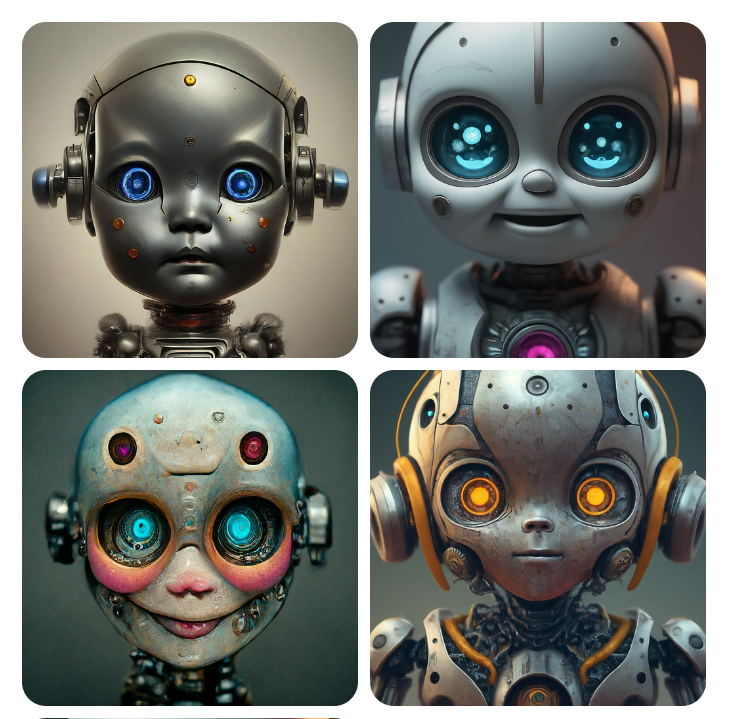
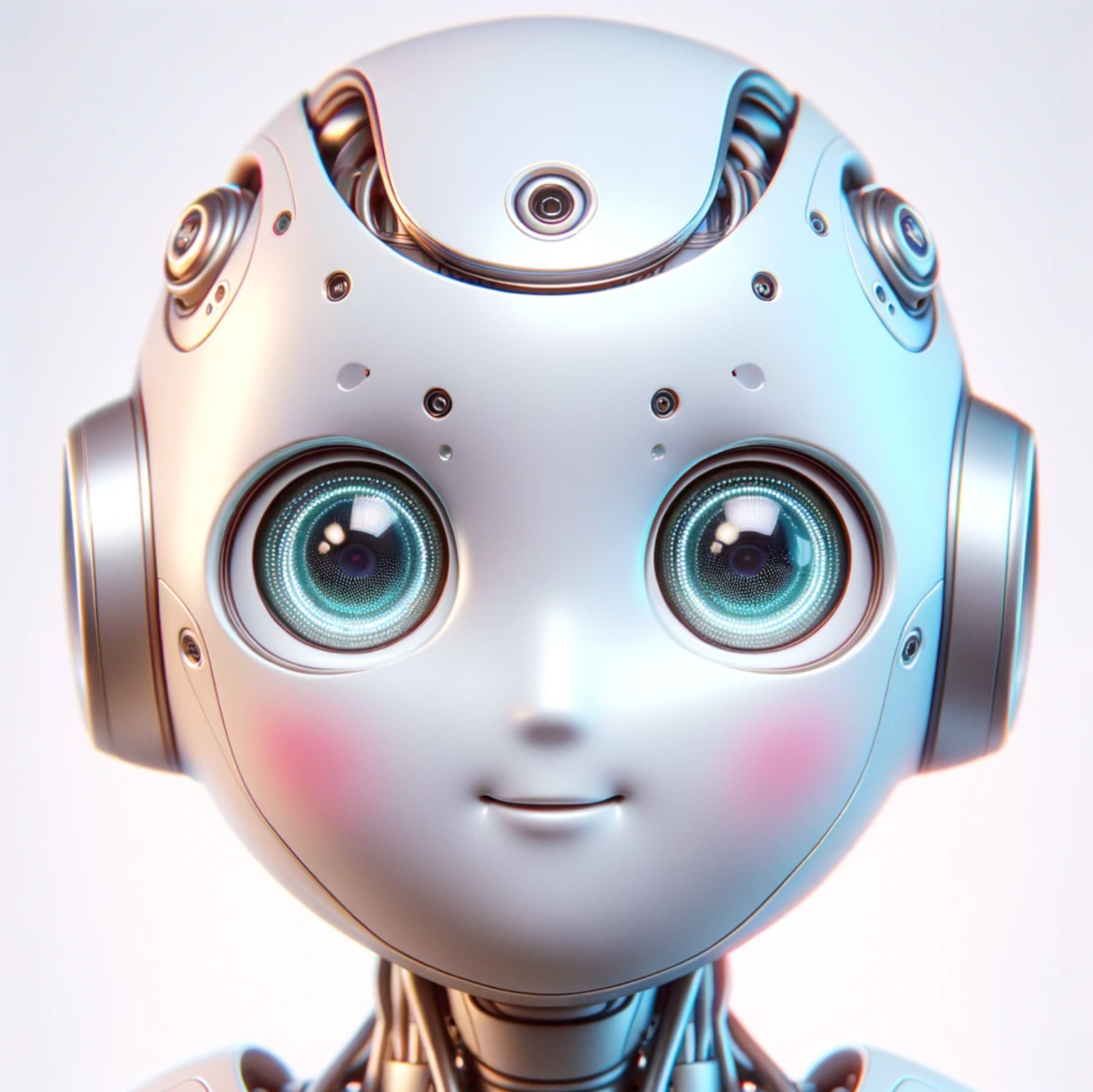
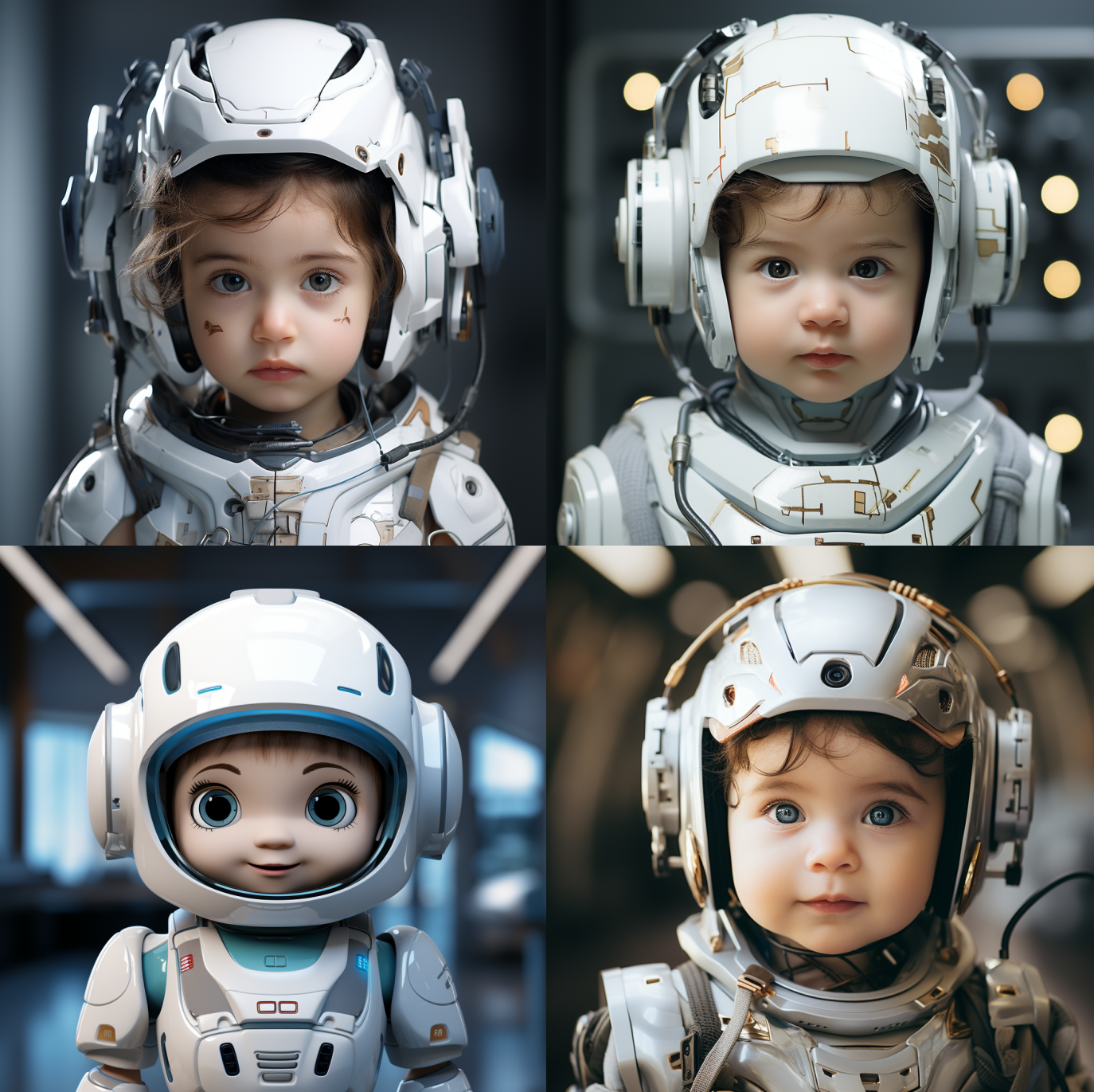
The Bigger Picture: This discussion isn't just academic; it's an essential part of navigating our future with AI. Misattributing consciousness to machines, driven by their "cuteness" or human-like appearance, underscores the urgent need for a deeper understanding of what consciousness truly is. As we move forward, finding the right balance between innovation and ethical considerations will be key.
We want to hear from you: Did you find yourself attributing human emotions or perhaps even consciousness to the machines? Please share your thoughts, you can reply directly to tomaschapa55@gmail.com


